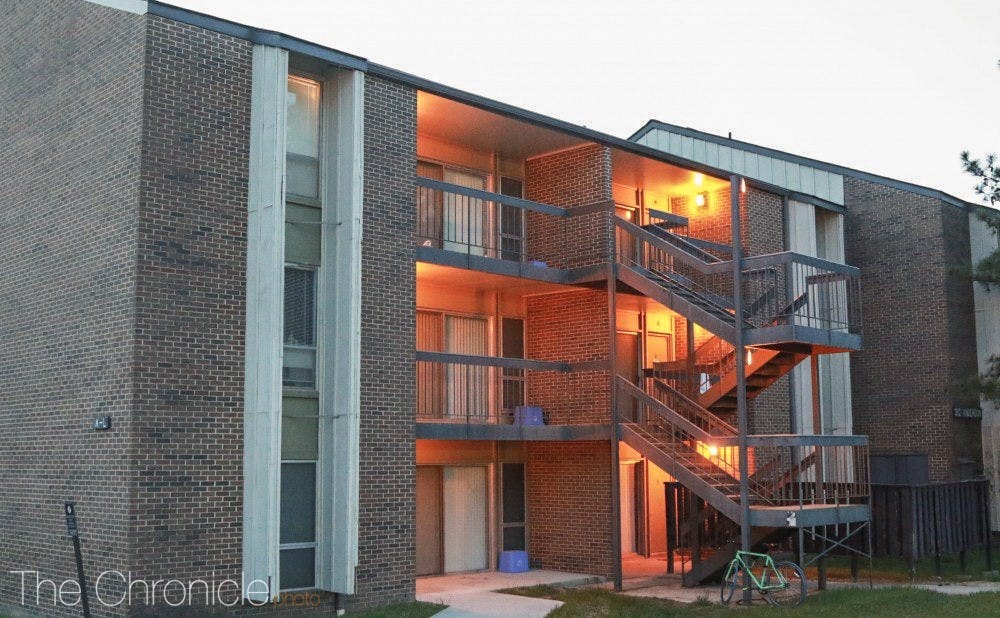At last year’s May Board of Trustees meeting, the Trustees created four strategic task forces at the behest of President Vincent Price. Those task forces were designed to review certain aspects of the Duke experience and deliver reports on their findings and recommendations. They were composed of faculty, administration, Trustees and students.
After a year, the task forces sent in their reports to the Trustees, who along with the administration will determine how to take the task force reports and turn them into policy that impacts the Duke community. Roughly a month after this year’s May meeting, Richard Riddell, senior vice president and secretary to the Board, released one-page executive summaries of each report.
Here, The Chronicle looks over the Future of Central Campus task force.
Read about the other task forces: Next Generation Living and Learning Experience, Advancing Duke Science and Technology and Activating the Global Network.
Future of Central Campus
After a year for the task force to deliberate—and many years before that for members to think—there are no immediate plans for what to do with the bulk of Central Campus.
Central Campus has served as a home for students for more than 40 years, but 2018-19 was the last year undergraduates would live in its apartments, except for 300 Swift, which will remain housing until the University builds more dorms on West Campus. The apartment complexes will be torn down as Duke contemplates what to do with the approximately 60 acres of land it has at its disposal.
The University wants to take it slow with developing Central but acknowledges the swath of possibilities in the summary.
“The Central Campus area has been studied several times over the last 15 years,” the summary states. “The potential for development is great and can serve the university well into the future. Depending on what is built and the density of development, several million square feet of buildings could be added.”
The summary says that the task force considered many options for how best to use Central, and from those discussions came a series of findings and recommendations. The task force found that there wasn’t any “compelling opportunity” that necessitated immediate development.
Even if there were such an opportunity, the University’s current financial situation wouldn’t allow it to invest in any development, according to the report. Duke is currently in the midst of construction projects involving the Hollows, a new engineering building, potential new West dorms, in addition to the demolition of Central and other current and future construction projects.
The only immediate commitments are six acres for an expansion of the Duke Gardens and land for “placeholder” parking lots.
The task force also laid out some vague guiding principles for administration and Trustees to follow as they consider how to take advantage of the land. Central should not be whittled down with small projects, the summary explained, but kept available for “developments of significance” that are in line with “strategic objectives” and “Master Planning Principles.”
How would the University decide which developments are best? The task force simply recommended that Duke should create a process for considering ideas and where they should be located.
“The Central Campus Task Force concludes that the land referred to as Central Campus is a gem, a most valuable asset of the university,” the summary states. “It is strategically located and should be carefully planned and developed only for the most compelling opportunities that will benefit the university over a long period of time and realize the highest potential of the land.”
Get The Chronicle straight to your inbox
Sign up for our weekly newsletter. Cancel at any time.

Jake Satisky was the Editor-in-Chief for Volume 115 of The Chronicle.

